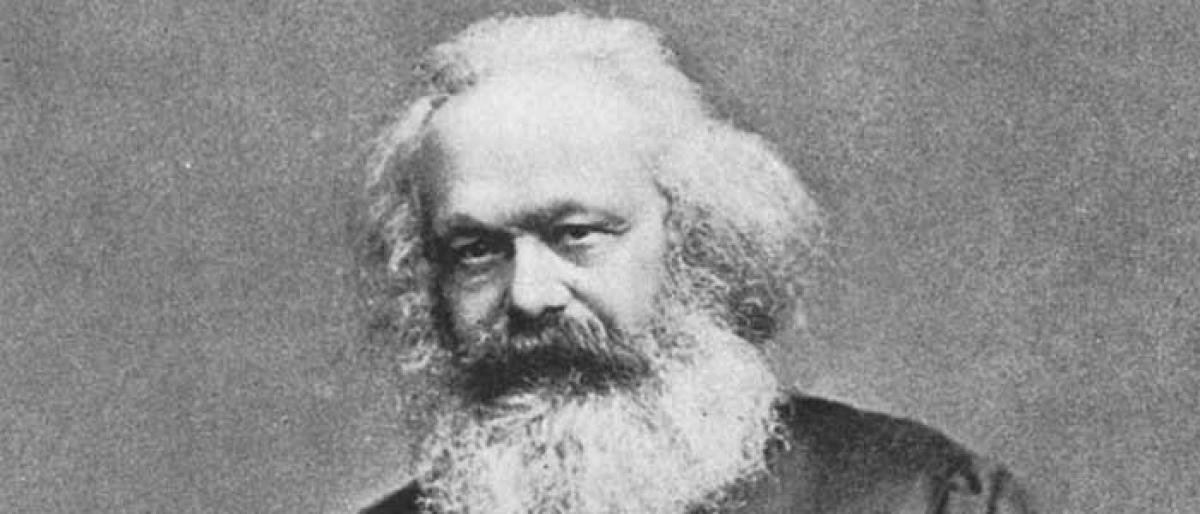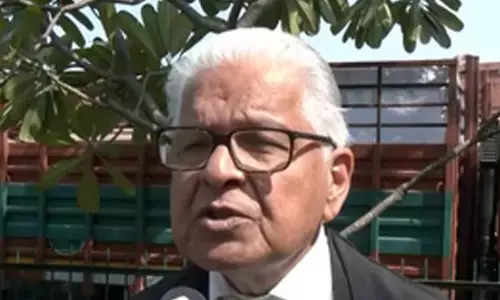Pithy philosophical prescriptions & prognoses

It is a paradox of philosophy that despite its task of giving insights into vital facets of the human condition like knowledge, perception, and ethics and seeking to solve humanity\'s conundrums
It is a paradox of philosophy that despite its task of giving insights into vital facets of the human condition like knowledge, perception, and ethics and seeking to solve humanity's conundrums, it should prove so difficult to fathom. Part of the blame lies with some of its practitioners who never use one word where they can put 10, often coin new words and generally make themselves obscure.
Sometimes, Germans are the worst. Consider: "A plant, an animal, the regular order of nature – probably also the disposition of the whole universe – give manifest evidence that they are possible only by means of and according to ideas; that, indeed, no one creature, under the individual conditions of its existence, perfectly harmonises with the idea of the most perfect of its kind – just as little as man with the idea of humanity, which nevertheless he bears in his soul as the archetypal standard of his actions; that, notwithstanding, these ideas are in the highest sense individually, unchangeably, and completely determined, and are the original causes of things; and that the totality of connected objects in the universe is alone fully adequate to that idea."
This is one sentence by the great Immanuel Kant. There are many more examples; but is all philosophy like this?
Surprisingly, no. Some of its most essential, effective and enduring observations have scarcely been a sentence long – including by the same Kant, who is more famous for his "Categorical Imperative".
The bedrock of most Western moral philosophy, it goes: "I ought never to act except in such a way that I could also will that my maxim should become a universal law," or "Live your life as though your every act were to become a universal law."
Similarly, there are more. Let us find a dozen more. One of the earliest and apparently the most simple is inscribed at the Temple of Apollo at Delphi (Greece), whose Oracle was one of the most influential in the ancient period. This anonymous advice only says "Know Thyself", but as the human tradition of self-deception, overconfidence and other transgressions shows, this is no simple matter.
Socrates, put on trial in ancient Athens for impiety and corrupting the youth by teaching them to question everything, said in his own defence: "The unexamined life is not worth living." The judges were not convinced – and neither is most of humanity down to now.
"You will find rest from vain fancies if you perform every act in life as though it were your last," said noted Stoic philosopher Marcus Aurelius, who also happened to be one of the best Roman Emperors. On the other hand, St Augustine, whose writings laid out the theoretical foundations of Christianity and its Church, was more for acceptance of his human weaknesses, when he prayed: "God, make me good, but not yet" (another translation says "chaste", which is more explanatory).
Hypatia of Alexandria, a rare pre-modern woman philosopher and famous for her rational thought and barbaric murder by a fanatic mob of Christians, was also concise in her thought, advising: "Reserve your right to think, for even to think wrongly is better than not to think at all."
Philosophers sometime seek to clear the confusion, especially medieval-era English Franciscan friar William of Ockham, whose "Ockham's Razor" states: "Entities are not to be multiplied beyond necessity." In simpler words, as my colleague would say: "Cut the crap."
"Cogito ergo sum" or "I think, therefore I am" was French savant Rene Descartes' exposition of an unshakeable foundation to lay the basis of human certainty of the world we find ourselves in. It also doesn't seem to be much followed. His compatriot and contemporary Blaise Pascal was much more on the dot about human nature with his observation: "The heart has its reasons of which reason knows nothing."
Germans Karl Marx and FW Engles hit on a major human fault line when they proclaimed: "The history of all hitherto existing society is the history of class struggles." The jury is still out on this.
Their compatriot German FW Nietszche, otherwise known for his declaration that "God was dead", also cited the importance of experience when he said: "What does not destroy me, makes me stronger."
Herbert Marcuse, who fused together Marx and Sigmund Freud, told us in "One Dimensional Man": "The people recognise themselves in their commodities; they find their soul in their automobile, hifi set, split-level home, kitchen equipment. The very mechanism, which ties the individual to his society has changed."
Taking this further, Canadian thinker Marshall McLuhan, who had identified TV as the invention that made the world a village, also said: "The medium is the message" – an insightful look into the relation between technology and culture.
And finally, French existentialist Albert Camus maintained that suicide was the one truly serious philosophical problem and "Judging whether life is or is not worth living amounts to answering the fundamental question of philosophy."
There is worth in philosophy – we just have to find it.











